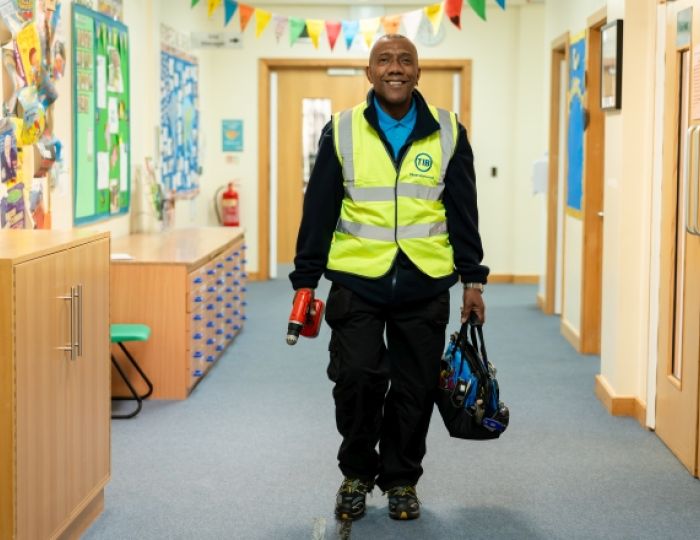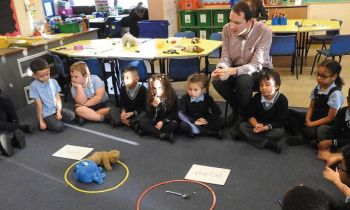Over my 30 years working in schools I’ve learnt a good deal about leadership. Across six different schools I worked with 10 different heads or acting heads, and no fewer than 20 senior leaders.
Since finishing headship in 2010 I’ve met many more serving and recently serving school leaders in my consultancy capacity, including through my work for the National College for Teaching and Leadership, and in many school visits. So from which of those leaders have I learnt the most?
The head who appointed me as a young English teacher in my first school was actually a far better head than I realised at the time, having then no real point of comparison. The school had opened six years prior for Year 7 only, with this head at the helm, and he’d appointed every member of teaching and support staff. The school was welcoming its first Lower Sixth cohort when I arrived, and by my second year had a full complement of students from ages 11 to 18.
The head had led the development of every policy and established the school culture, working alongside his senior leaders and the growing staff. He was fair and forthright, committed and personable. He gave me opportunities, as a young and enthusiastic professional, which set me on an interesting and challenging career path that took in both academic and pastoral responsibilities. Only later in my career did I recognise how much I owed him and the school, and was pleased to be invited back to his retirement celebrations some time after I’d left.
The headteacher who appointed me as head of English in my third school also taught me a good deal – sometimes, ironically, through her negative example. I found myself reflecting on how and why I disagreed with her way of handling people and issues, and without necessarily realising it, began honing my vision of the head I’d one day wish to be. But I also remember her words in the first assembly I sat in on, feeling nervous and excited about my new role. “Everyone has a handle, a way in,” she said. “You have to search for it, and then make the most of it, if you’re to get the best from them.” This proved to be excellent advice.
Taking on my own headship three schools later, my most valuable governor was herself a former head. She was a tremendous support to me and a source of wise counsel – constructively challenging, but always on my side. Some things she said have stayed with me ever since, such as “Daytime is for people, Jill. You can leave the paperwork to the evenings and weekends,” and “The sign of a great school is that anyone, even the least experienced member of staff, can have a good idea and know it’ll be taken seriously.”
So to all the leaders I’ve worked with and met over the years, thank you. I’m sure I’ve taken something valuable from every one of you.
Jill Berry is a leadership consultant, author and former headteacher










